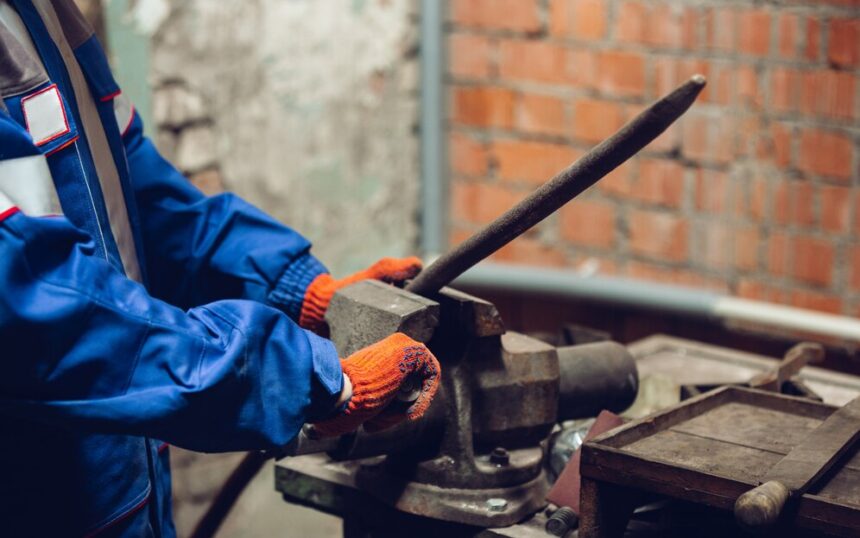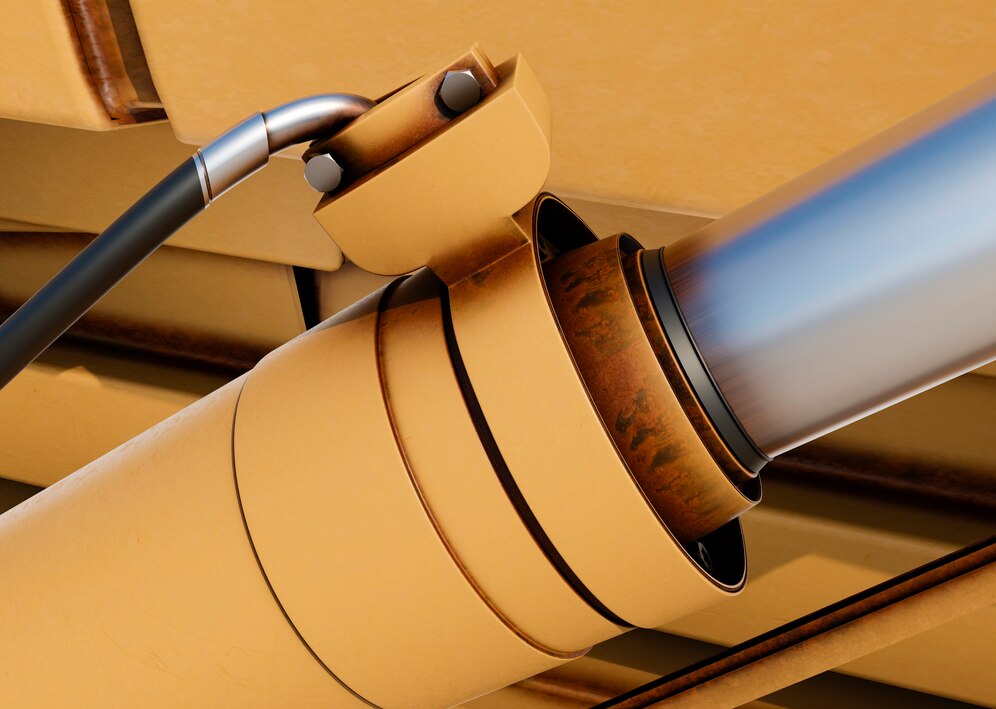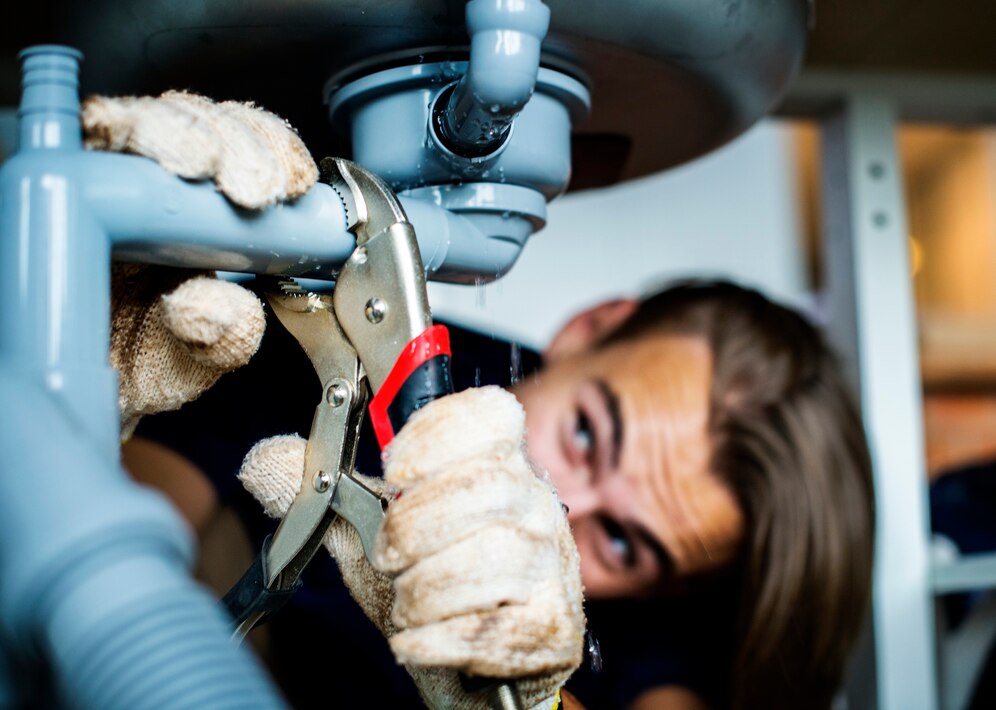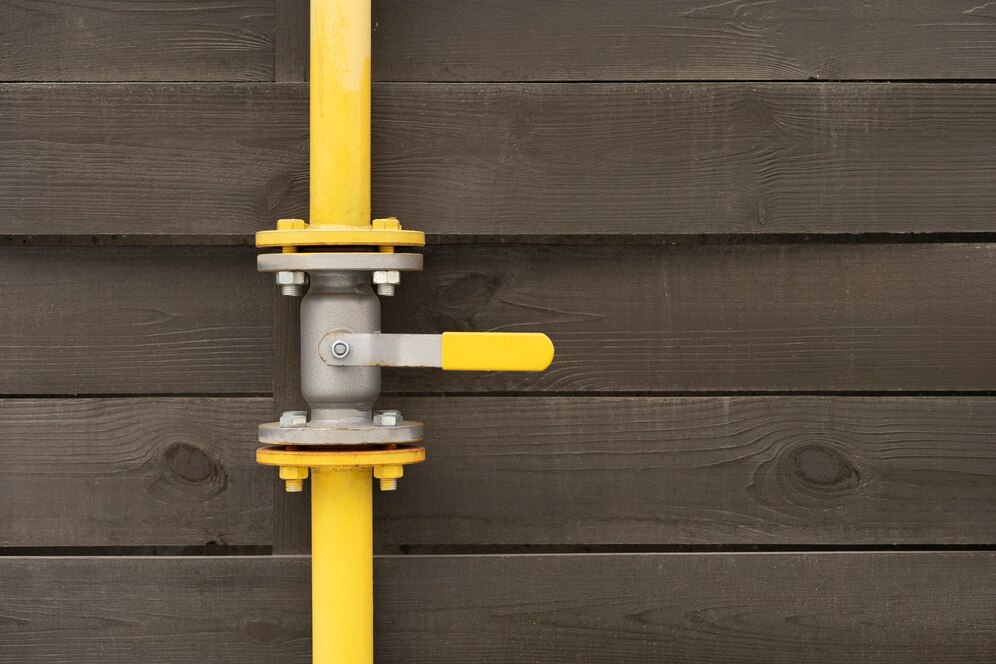
Brini Explains: Does Homeowners Insurance Cover Replacing Cast Iron Pipes?
Does Homeowners Insurance Cover Replacing Cast Iron Pipes
Hi, I’ve been knee-deep in home repairs lately, and let’s just say, I’ve learned more about plumbing than I ever thought I would. Now, if you’ve been dealing with old cast iron pipes, you’re probably wondering if your homeowner’s insurance can save the day. Let’s get to the bottom of it.
These pipes, common in homes built before the 1970s, are notorious for corroding over time, leading to leaks, blockages, and even structural damage. When faced with the prospect of replacing them, many homeowners turn to their insurance policies, hoping for financial relief.
Insurance Cover Replacing Cast Iron Pipes

Understanding whether your homeowner’s insurance covers the replacement of cast iron pipes requires navigating the fine print. While insurance policies typically provide coverage for sudden and accidental damage, they may exclude issues resulting from wear and tear or lack of maintenance. Factors like the cause of the damage, the extent of coverage, and specific policy exclusions all play a role in determining whether you’re eligible for reimbursement.
We’ll break down the key aspects of homeowner’s insurance as it pertains to cast iron pipe replacement. By the end, you’ll have a clearer picture of what to expect when dealing with your insurer and tips for handling such claims effectively. Let’s dive into the details.
What Are Cast Iron Pipes?
Cast iron pipes were widely used in the past for drainage, water supply, and sewage lines due to their strength and durability. Cast iron is a heavy, tough metal that can withstand significant pressure and impact.
These pipes were seen as a long-term solution, often lasting 50-100 years or more. However, over time, cast iron tends to rust and corrode, especially in environments with moisture and oxygen, which makes it prone to cracking and leaking. Homes built in the early to mid-20th century are most likely to have cast iron pipes. These pipes can be difficult to replace, and when issues like corrosion, clogs, or leaks occur, it’s crucial to act quickly to avoid costly water damage. Understanding the characteristics of these pipes is key to knowing when to replace them before they cause serious problems.

Why Are Cast Iron Pipes Problematic?
While cast iron pipes were once a reliable choice, they’re now considered problematic due to their tendency to degrade over time. The most common issue is corrosion. As cast iron ages, it begins to rust, weakening its structure and causing blockages or even cracks.

This corrosion can also lead to leaks, which often result in water damage to walls, floors, and foundations. Over time, these pipes may become completely clogged, affecting the flow of wastewater and potentially leading to sewage backups. Additionally, cast iron pipes are susceptible to freezing in colder climates, which can cause them to crack. The risk of these pipes failing is why many homeowners look to replace them as part of a home renovation or plumbing upgrade. Unfortunately, replacing them can be costly, and homeowners often seek assistance through insurance to cover some or all of the expenses.
What Homeowners Insurance Covers?
Coverage For Sudden And Accidental Damage
- Homeowners insurance typically covers damages caused by unforeseen, sudden events like fires, vandalism, and storms.
- This can include damage from burst pipes due to freezing or a sudden pipe rupture that causes significant water damage.
Exclusions For Wear And Tear
- Insurance usually does not cover damage resulting from wear and tear, maintenance issues, or gradual deterioration, such as rust, corrosion, or leaks from old pipes.
- Problems like aging cast iron pipes or general plumbing issues that develop over time are generally excluded unless caused by an unexpected event.

Specific Coverage For Plumbing Emergencies
- If a pipe bursts due to freezing, or there is significant water damage caused by sudden plumbing failure, homeowners insurance may cover the costs for repairs.
- Policies typically address water damage from events like sudden leaks but exclude long-term or gradual damage due to aging pipes.

Reviewing Your Insurance Policy
- It’s essential to carefully read your insurance policy to understand what is covered, as some damages might not be included.
- Policies may include endorsements or additional riders that can cover specific plumbing issues not typically covered under a standard policy.
Consulting Your Insurance Provider
- If in doubt, always consult your insurance agent to clarify the specifics of your policy and to ensure that you understand any exclusions or additional coverage options available for plumbing repairs.
- It’s important to know the limits of your coverage and whether any additional protections can be added to address specific needs like plumbing problems.
Does Homeowners Insurance Cover Replacing Cast Iron Pipes?
The burning question for many homeowners: will your homeowner’s insurance cover the replacement of cast iron pipes? Unfortunately, the answer isn’t always straightforward.

Typically, insurance won’t cover the replacement of cast iron pipes solely due to their age or deteriorating condition. However, if a covered event, such as a pipe bursting or water damage due to a sudden leak, occurs, then the resulting damage may be covered. In some cases, the cost to repair or replace pipes that caused water damage could be included in a claim. It’s important to remember that insurance policies usually distinguish between accidental damage and general wear and tear. So, if your pipes burst unexpectedly, causing significant water damage to your home, you may be able to file a claim. But if the pipes are simply old and corroded, your insurance likely won’t cover the cost of replacing them.
How to Check Your Policy?
To determine whether your homeowner’s insurance will cover the replacement of cast iron pipes, the first step is to carefully review your policy. Many policies have exclusions related to plumbing, so it’s essential to understand what’s specifically covered. Look for terms like “sudden and accidental damage” and pay attention to any clauses that mention wear and tear, as these are typically excluded from coverage. If you’re unsure, don’t hesitate to contact your insurance provider for clarification. It’s also important to ask about any endorsements or add-ons that could extend coverage to include plumbing issues. Sometimes, you can purchase additional coverage that addresses problems like pipe damage due to age or corrosion. Keep in mind that insurance companies can vary in their policies, so it’s crucial to check with your specific provider to understand the details of your coverage.

Alternatives if Insurance Doesn’t Cover It
If your homeowner’s insurance doesn’t cover the replacement of your cast iron pipes, don’t despair. There are other options to help manage the cost. One option is financing. Many plumbing companies offer financing plans that allow you to spread the cost of replacing your pipes over time. Additionally, some government programs may offer assistance or low-interest loans for home repairs, including plumbing issues. Look into local or state programs that provide financial aid for homeowners facing costly repairs. Another alternative is exploring special insurance policies or home warranty programs that cover plumbing and other systems in your home. Some companies offer policies that cover not only accidental damage but also routine maintenance or repairs to older plumbing systems. While these programs typically require an upfront fee, they can save you money in the long run if you’re dealing with significant plumbing issues.
Conclusion
FAQ
Homeowners insurance usually covers damage caused by sudden and accidental issues, like burst pipes. However, replacement due to wear and tear or corrosion is generally excluded.
Policies often cover water damage from leaks if the cause was unexpected, such as a pipe bursting. Gradual deterioration or lack of maintenance is typically not covered.
Corrosion is considered normal wear and tear, which most insurance policies exclude. However, if the corrosion leads to sudden damage, that specific incident might be covered.
Many policies have limits for plumbing repairs, often under a broader coverage category like water damage. Check your policy for specifics and exclusions.
No, insurance usually does not cover a full system replacement unless it is directly tied to sudden damage. Most policies focus on fixing specific damages.


